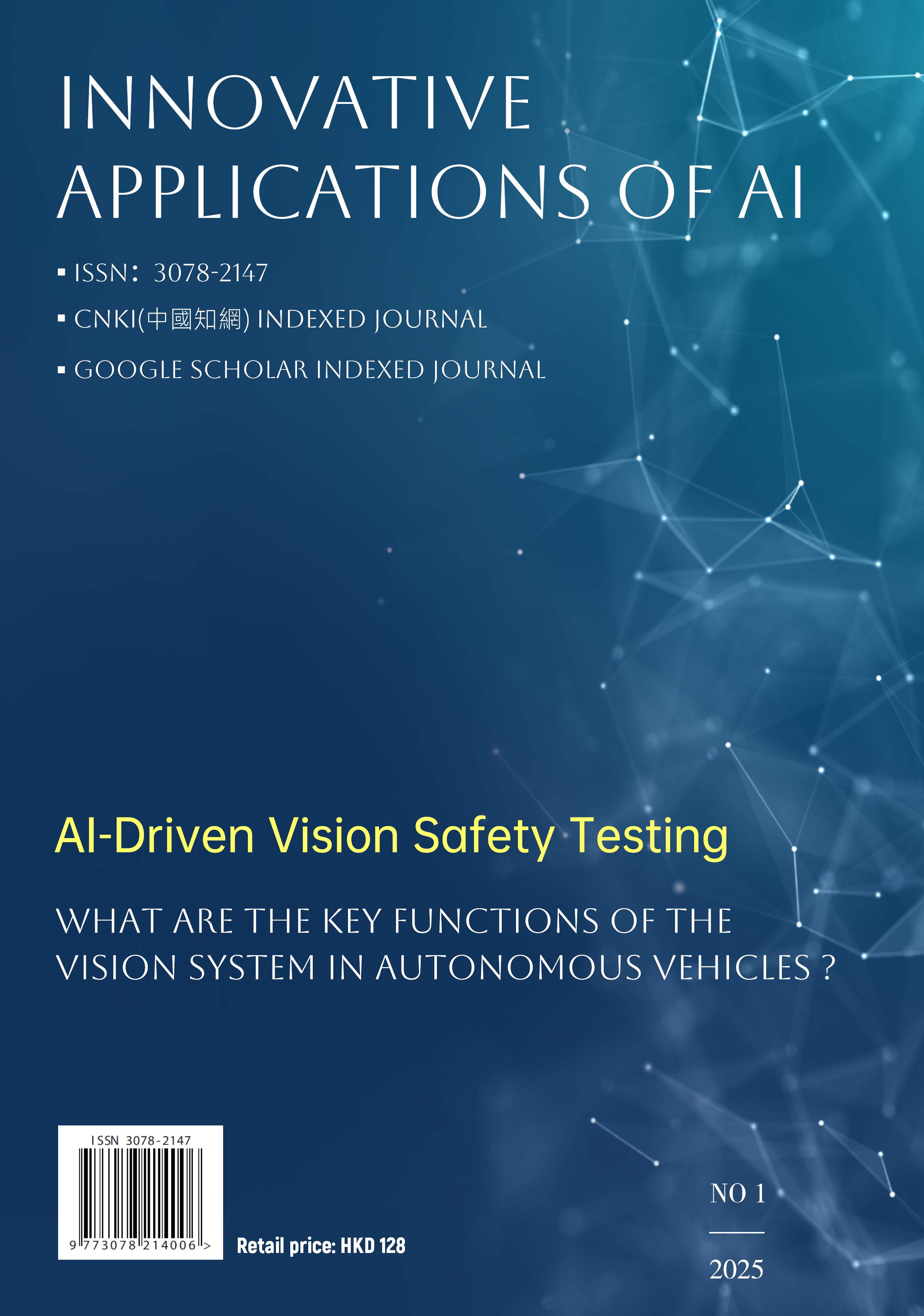Legal and Ethical Analysis Based on Three Autopilot Accidents
DOI:
https://doi.org/10.70695/IAAI202501A9Keywords:
Autonomous Driving Technology; Law and Ethics; Accident Liability; Legal Framework; EthicsAbstract
This paper selects three typical cases, namely, the fatal accident of Tesla Model S in the United States in 2016, the fatal accident of Uber's self-driving vehicle in 2018, and the defective case of Tesla's ‘phantom brakes’ in Germany in 2023, and discusses the legal and ethical attribution of responsibility in three self-driving accidents based on the legal frameworks of China's Road Traffic Safety Law, the Civil Code, and Hong Kong's Tort Law and the Road ( Traffic and Licensing Regulations in Hong Kong, the study systematically explores the attribution of legal and ethical responsibilities in autopilot accidents using case analysis and jurisdictional comparisons. The study finds that technical defects are the core cause of accidents, and the manufacturer should be the first responsible party to bear the responsibility for product defects; however, in the assisted driving mode, the user's failure to comply with the operational norms (e.g., ignoring system warnings, disengaging from the steering wheel monitoring) also needs to be shared with the responsibility. In a completely driverless scenario, the operator and the manufacturer share the systemic risk. Existing laws are lagging behind, making it difficult to clearly define the boundaries between technical defects and human negligence, and the ethical dimension faces challenges such as the choice of the value of life and the contradiction of technological autonomy. Based on this, this paper proposes that we need to refine the criteria of responsibility division by scenario-based thinking, promote special legislation on autonomous driving, strengthen the obligation of manufacturers to be transparent about technology, and build a global ethical framework that takes into account cultural differences, so as to balance technological innovation and public safety, and to promote the sustainable development of autonomous driving technology and social trust.
